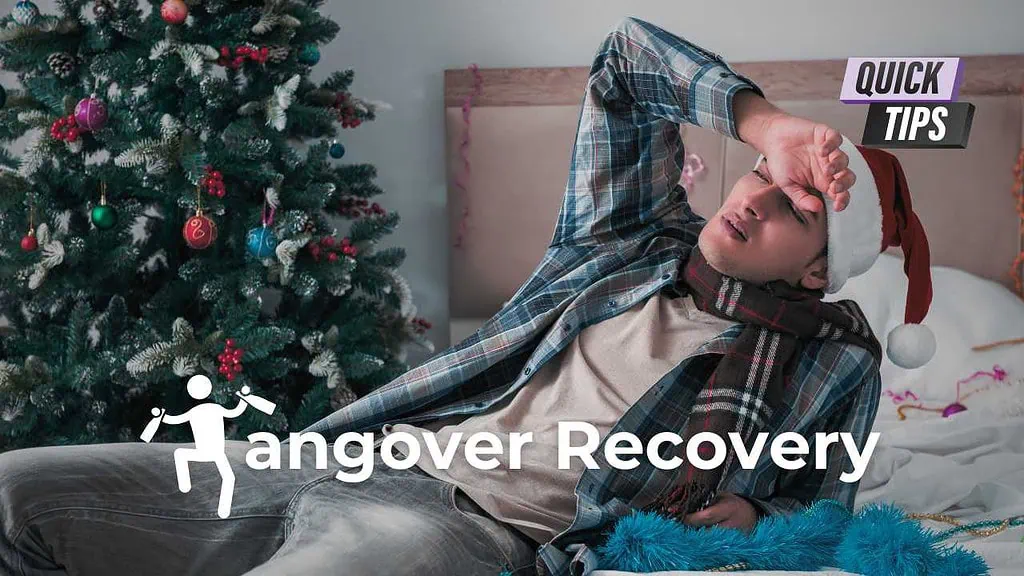
Taking care of someone with a hangover can be a challenging yet rewarding experience. With the right approach, you can help alleviate their discomfort and make their recovery smoother. Here’s how to provide effective care, along with an explanation of why hangovers often lead to dizziness.
When someone drinks alcohol, it acts as a diuretic, causing the body to lose fluids and electrolytes. This dehydration is a major factor contributing to hangover symptoms, including dizziness and headaches. Additionally, alcohol disrupts the balance of neurotransmitters in the brain, leading to feelings of fatigue and disorientation. The body also experiences a drop in blood sugar levels after alcohol consumption, which can further exacerbate dizziness and weakness.
By following these strategies, you can provide compassionate care for someone suffering from a hangover while helping them understand the physiological reasons behind their discomfort. This supportive approach not only aids in their recovery but also fosters a sense of camaraderie during their time of need.
If you’re coming from Thalang, the BISP branch is closer.
If you’re coming from the Old Town area, Patong, or Kata, our Big C Phuket branch is closer.